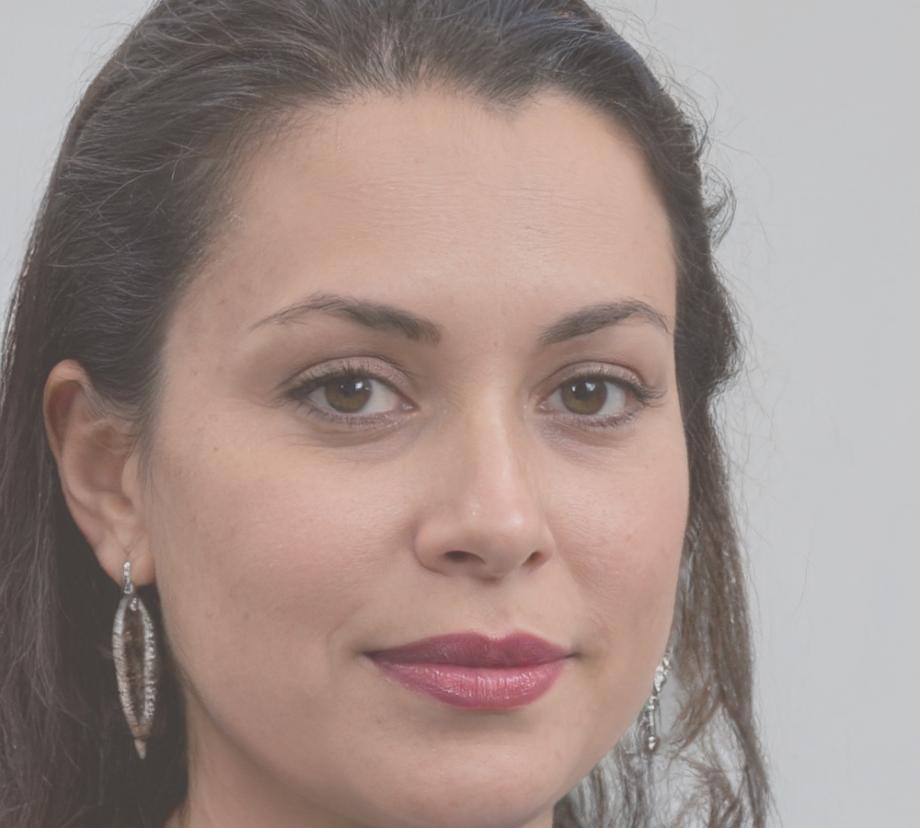Making Financial Literacy Accessible For Everyone
We started carenquivos because we noticed something odd. People who wanted to understand money better kept hitting the same wall – courses were either too technical or too simplified. Nothing in between. So we built what we couldn't find: practical finance education that respects your intelligence without drowning you in jargon.
Explore Programs
How Our Learning Path Actually Works
Most programs throw everything at you at once. We don't. Here's how we break down complex finance concepts into something you can actually use next week.
Foundation Phase
Start with budgeting fundamentals and cash flow analysis. You'll work through real scenarios—not textbook examples—like managing irregular income or dealing with unexpected expenses. Most people finish this in 6-8 weeks, depending on their schedule.
Building Context
Here's where we connect the dots between personal finance and broader economic patterns. You'll learn why interest rates move, how tax structures affect your decisions, and what investment vehicles actually do. This phase takes about 10 weeks.
Applied Practice
Theory only goes so far. In this stage, you'll build actual financial models, analyze case studies from Australian businesses, and create strategies you can implement immediately. Expect to spend 12-14 weeks here, since this is where the real learning happens.

What You'll Actually Learn
Personal Finance Mechanics
We cover budgeting, debt management, and saving strategies that work in the Australian context. You'll understand superannuation options, tax implications, and how to build emergency funds without sacrificing your current lifestyle completely.
Investment Fundamentals
Learn about shares, bonds, property, and managed funds. But more importantly, understand when each option makes sense for your situation. We look at historical performance data, risk assessment, and portfolio construction using Australian market examples.
Business Finance Basics
Even if you don't run a business, understanding how companies manage money helps you make better decisions. You'll learn to read financial statements, evaluate business models, and spot red flags in annual reports.

Meet Margot Flynn
Lead Educator
Margot spent twelve years working in financial planning before switching to education. She got tired of seeing clients come in with preventable money problems – issues that could've been avoided with some basic financial knowledge.
Now she designs our curriculum and teaches most of our core modules. Her approach focuses on real-world application rather than memorizing formulas. Students say her explanations finally make things click.
View Course Schedule